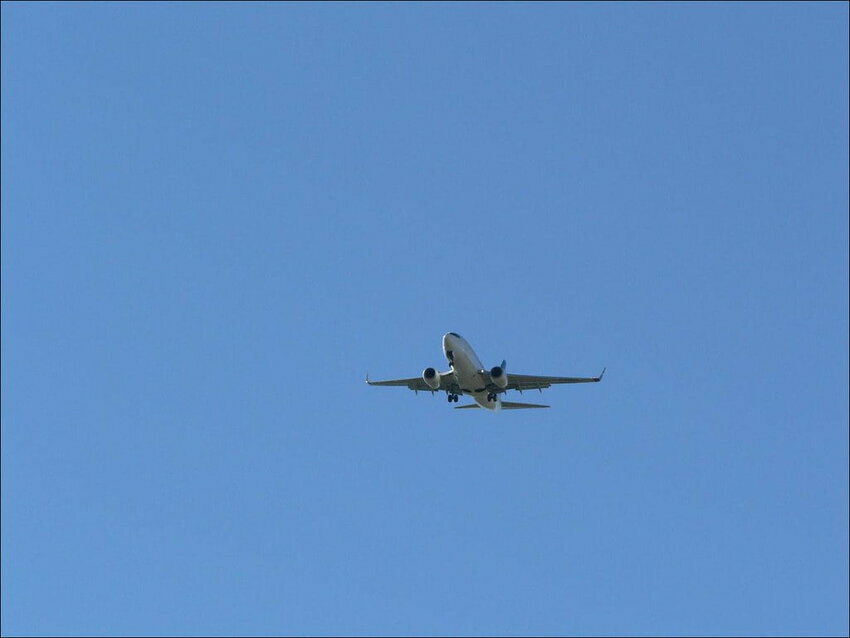 (Credit: Flikr)
(Credit: Flikr)Dale Vince, founder of the United Kingdom’s first green energy company, Ecotricity, has unveiled plans to launch Britain’s first electric airline.
The new airline, Ecojet, will use green hydrogen to produce electricity, creating airplanes with net-zero carbon emissions. The airline will first launch a 19-seater plane, capable of traveling around 300 miles, then 18 months later plans to release a 70-seater plane capable of flying to Europe. Airline staff will wear environmentally friendly uniforms, serve plant-based meals, and single-use plastic will not be present on board.
According to a Guardian report, Vince aims to prove with the project that decarbonizing aviation is not impossible, and further, that green living can be achieved without giving up the advantages of modern life. Ecojet also plans to price match existing airlines’ air fares in order to attract consumers beyond the environmentally-conscious market.
In order for the project to be approved by the Civil Aviation Authority, the planes must run first on traditional kerosene-based fuel. They will then be retrofitted with the new hydrogen-powered engines in 2025. Vince was admittedly reluctant to accept this part of the plan, but claims it will ultimately expedite the process of the implementing the new, hydrogen-powered aircrafts.
“It does feel like a contradiction but at the heart of this project is upcycling existing planes and retrofitting them,” said Vince to The Guardian. “This is the pragmatic approach, which means we won’t lose time. We will build up the infrastructure, get the planes in the air and swap in the engines when they are available.”
The aviation sector accounts for about 2% of global emissions, and the WWF claims that air travel is one of the most carbon intensive activities a person can take part in. The organization also warns that without dramatic changes to the industry, emissions could triple by 2050.
Efforts to develop sustainable aviation fuels (SAF) have gained traction in recent years. For instance, JetBlue has been using SAF, which reportedly reduces greenhouse gas emissions by about 80%, for flights out of Los Angeles International Airport. Potential tax incentives have also been proposed for those implementing SAF.
Vince doesn’t see the same potential in SAF. He claims it’s impossible to produce the amount of agricultural products needed to supply the industry, and electric flight goes beyond lowering emissions to eliminating them completely. While other electric and hybrid aircraft technologies are being developed, SAF appears to be the more prevalent sustainable option for air travel at present. Vince’s project marks a step towards making electric flight a viable option as well.
“I want to prove that it can be done and it’s worthwhile,” said Vince. “Our priority is to be in the air with this newfound ability to fly without a carbon footprint. This will complete the puzzle for us – the emotional impact will be big.”